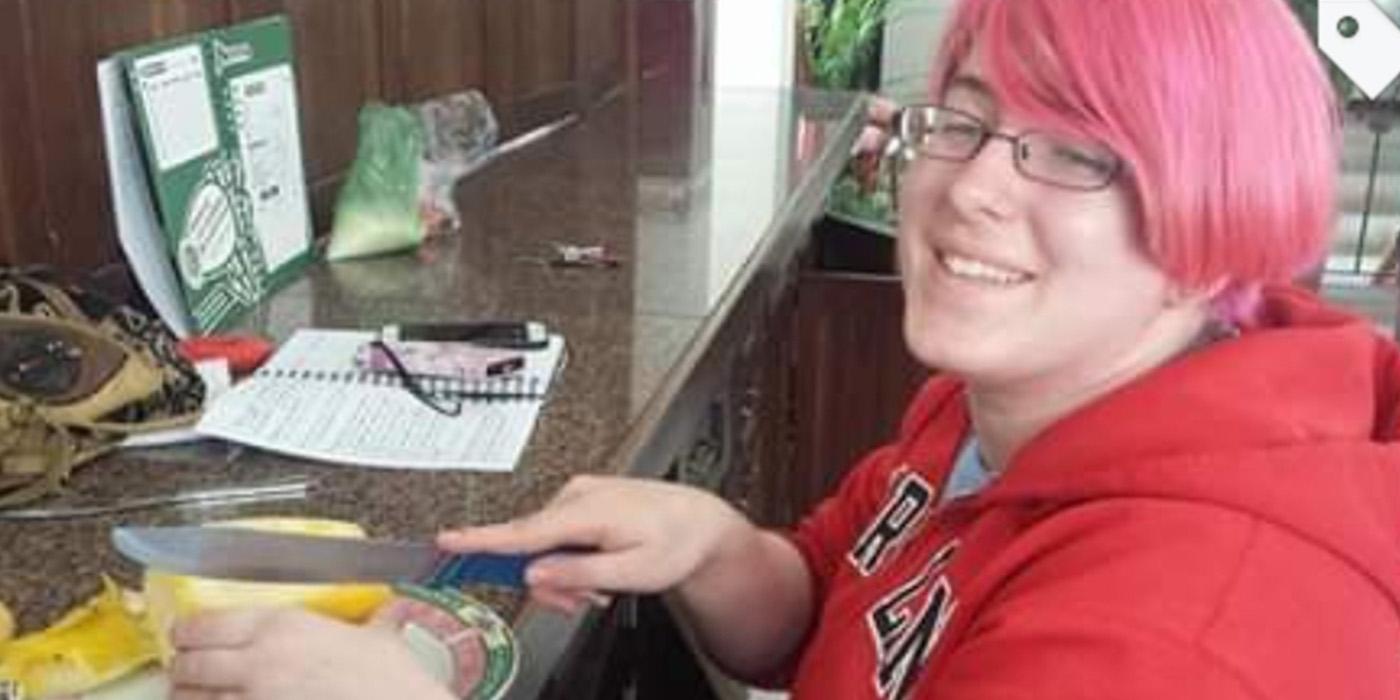
Program: API in Buenos Ares Argentina: Medical Spanish | UMD-Summer: Ecuador: Disabilities in a Global Context
Term: Summerterm 2017 | Summerterm 2016
Major: Spanish & Russian
Study abroad really made me more confident in the way I handle myself and in my ability to speak Spanish.
After you spend six weeks not speaking English hardly at all, it's actually hard to adjust back! But more than just the basics of language, because of being disabled I really had to learn to communicate in a more nuanced way in Spanish so I could communicate what I needed to do and not do. Through my study abroad experiences, I became a whole lot more comfortable saying no to things I really can't/shouldn't do, and yes to things that I might as well try once! I didn't always make the right choice the first time, but I always learned from my experiences.
My Study abroad experience is the big reason I am in grad school pursuing my MLIS (Master of Library and Information Science) right now. I made connections through Education Abroad who really saw me for who I was, and suggested I look into the program. Because of my increased confidence and willingness to try things, I was willing to take the chance to apply! I'm sure that my study abroad experience will help me professionally as a librarian, but my experience is also the reason why I stumbled upon the field to begin with.
Advice for future #TerpsAbroad:
Be aware of what you want to present when you go to your host country. I was very open about being disabled both times I went abroad, but my first study abroad I wasn't open at all about being queer. My second study abroad I told the friends I made, but not my host family. I think part of that is as someone who is nonbinary, it's hard to navigate that in Spanish and it wasn't really worth it to me to force that. But remember that you'll be in your host country for a long time! It can be stressful to be up front about some things, but it can also be stressful to not be up front. Try to choose the best option for you.
Talk to your advisor! Education Abroad staff is really supportive and they want to help you. The more up front about your worries and needs you are, the more they'll be able to help.
I think my most memorable experience abroad was when I was in Ecuador. Because I already knew Spanish, I was taking classes in Kichwa (the local indigenous language; slightly different then Quechua, which is spoken in Peru). There was one other person in my class and she was from Mexico. Because our class was so small and our teacher was so excited to be teaching us her language, we had a special day in class where we learned a recipe for a traditional meal in Kichwa, and then made it! Our teacher took us to the market and we got to interact with an entirely different side of Quito than we would have seen otherwise. Then we went back to school and made an incredibly delicious meal and fresh fruit juice. It was a lot of fun and I really enjoyed meeting people outside of my school and volunteer assignment.
Probably my second most memorable experience was in Buenos Aires, where I was shadowing doctors at a hospital. Because of how med school works in Argentina, the doctors didn't really understand that we weren't medical students, so they kept asking us what we thought was wrong with patients and how we would recommend treating them (not in front of the patients, thankfully!). One time, one of the more serious doctors asked how we thought we should treat something and the other person on rotation with me and I spent a good fifteen minutes trying to apply all the TV medical knowledge we knew to the problem, but in Spanish. We actually got it right, and now I no longer feel guilty about the amount of time I've spent watching reruns of House.
Probably the hardest part about studying abroad was handling other people’s expectations of me. Because I use a cane, a lot of the time people thought that I couldn't do certain things that I wanted to try. It was really important for me to be more vocal about my own abilities, both when I wanted to do something and when I needed to not. By the end, people trusted me and I trusted myself more too.
